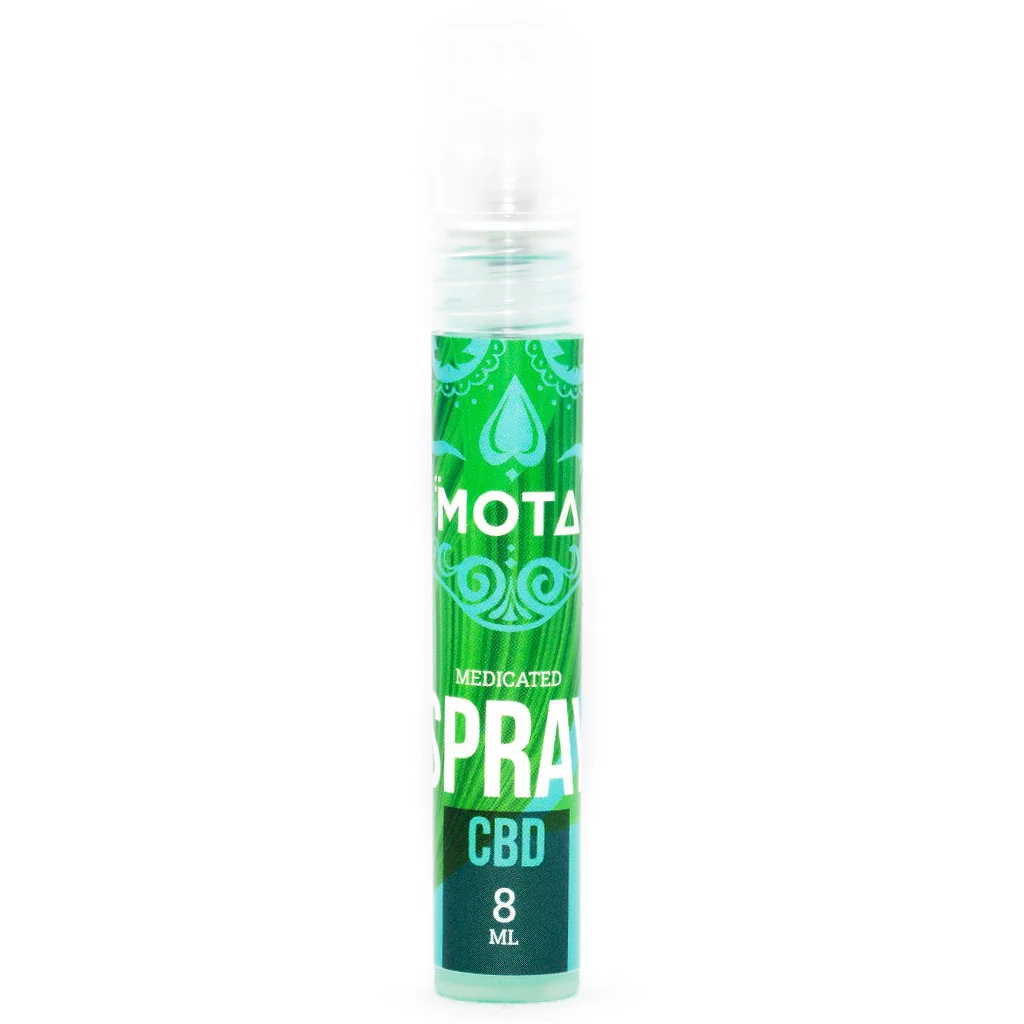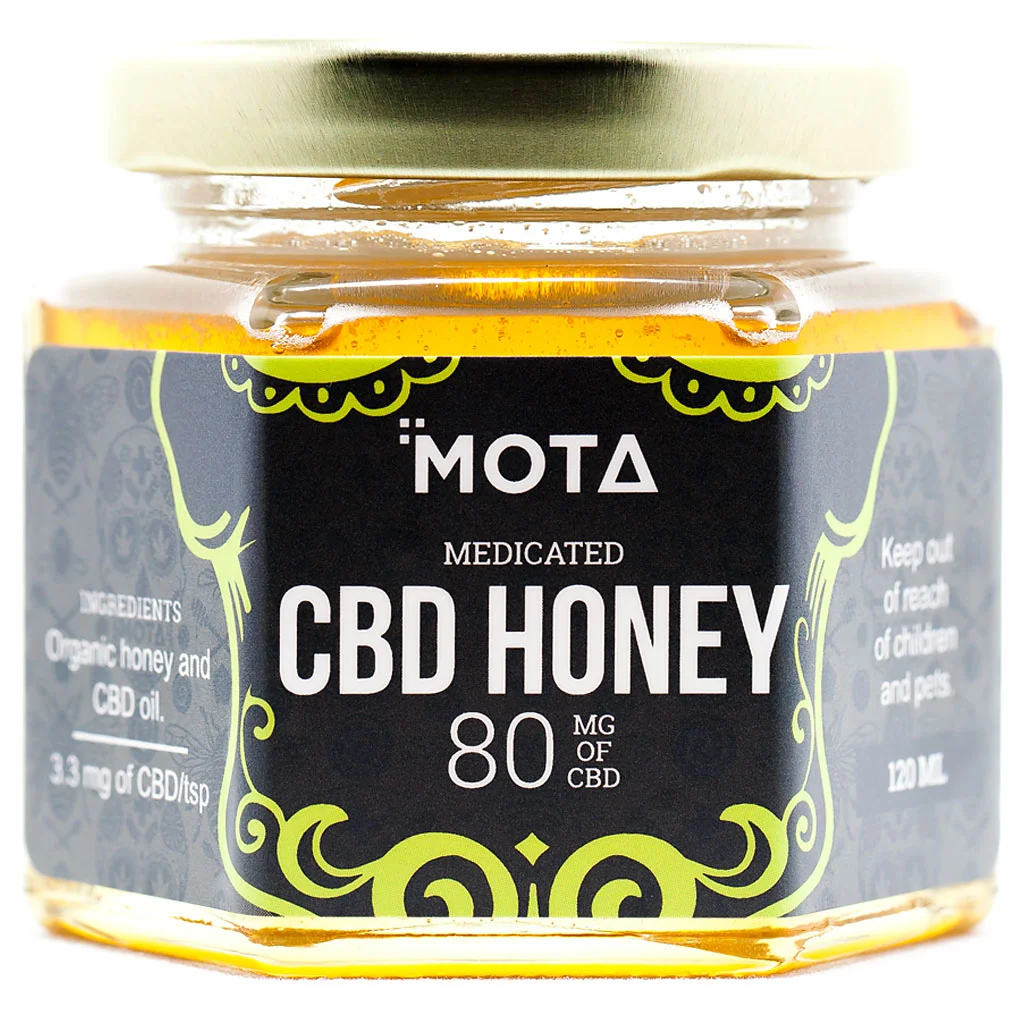Table of Contents
- Understanding Parkinson’s Disease
- CBD: The Therapeutic Non-Psychoactive Compound
- Comparing CBD and THC for Parkinson’s
- Comparing CBD and THC for Parkinson’s
- Addressing Concerns and Considerations
- Conclusion
- FAQs
The debate between the differences and benefits of CBD vs THC for Parkinson’s disease management is crucial. Discover CBD vs. THC’s key differences, unravel the mysteries, explore the options, and find the path that best suits your journey.
Understanding Parkinson’s Disease
Parkinson’s disease is a chronic and progressive condition characterized by motor symptoms such as tremors, stiffness, and impaired movement. It also manifests non-motor symptoms like depression, sleep disturbances, and cognitive impairment. This debilitating disease affects the individuals diagnosed with it and burdens their families and society.

Currently, available treatment options for Parkinson’s, such as medication and physical therapy, aim to alleviate symptoms and improve daily functioning. However, these approaches have their limitations. Medications may come with side effects; not all patients respond optimally to them. This is where alternative methods like CBD and THC come into the picture, offering a ray of hope to those seeking additional options.
CBD: The Therapeutic Non-Psychoactive Compound
CBD, short for cannabidiol, is a non-psychoactive compound found abundantly in the cannabis plant. Unlike THC, CBD does not produce the “high” commonly associated with cannabis use. This makes CBD appealing to individuals seeking therapeutic benefits without the mind-altering effects.
The endocannabinoid system (ECS) plays a crucial role in maintaining balance and homeostasis in the body, including the brain. Researchers have discovered that CBD interacts with the ECS, potentially modulating its activity and influencing various physiological processes. In the context of Parkinson’s, CBD shows promise in mitigating both motor and non-motor symptoms associated with the disease.
Preliminary studies have suggested that CBD may have anti-inflammatory and neuroprotective properties. These properties could help reduce the inflammation and oxidative stress commonly observed in Parkinson’s patients, potentially slowing down the progression of the disease. Additionally, CBD has shown potential in addressing sleep disturbances, anxiety, and depression, prevalent non-motor symptoms in Parkinson’s.
THC: Unraveling the Psychoactive Potential
THC, derived from the cannabis plant, is a well-known compound with psychoactive properties. When consumed, it binds to the brain’s cannabinoid receptors, resulting in the characteristic euphoric effects. However, THC has been studied beyond its recreational use for its potential impact on Parkinson’s symptoms.
Research suggests that THC may positively influence motor function in individuals with Parkinson’s disease. By interacting with the brain’s cannabinoid receptors, THC modulates the release of neurotransmitters involved in movement control. This modulation may help alleviate tremors, stiffness, and other motor symptoms associated with Parkinson’s.
Comparing CBD and THC for Parkinson’s
CBD and THC differ in their psychoactive properties, chemical composition, and mechanisms of action. While THC binds directly to cannabinoid receptors, CBD interacts more with the endocannabinoid system. Studies comparing the effectiveness of CBD and THC in managing Parkinson’s symptoms have yielded varied results.
Some research suggests CBD may be more effective in addressing non-motor symptoms like sleep disturbances, anxiety, and depression, significantly impacting Parkinson’s patients. On the other hand, THC shows promise in alleviating motor symptoms such as tremors and rigidity. Exploring the potential synergistic effects of combining CBD and THC in personalized treatment plans is an exciting avenue for further investigation.
Addressing Concerns and Considerations
When considering CBD and THC for Parkinson’s management, it is essential to address concerns regarding the legality, accessibility, and potential risks. The legality of CBD and THC products varies across regions, and it is crucial to comply with local regulations. Additionally, both compounds may have side effects, including cognitive impairment, memory disturbances, and potential addiction risks.
Responsible use and dosage considerations are paramount. Consulting healthcare professionals specializing in Parkinson’s disease is vital to receive personalized advice tailored to individual needs. They can provide insights on optimal dosages and potential drug interactions and monitor any adverse effects that may arise.
Conclusion
CBD and THC offer a glimmer of hope for individuals with Parkinson’s, providing alternative avenues for symptom management. While there are considerations to be mindful of, including legal and dosage considerations, responsible use under medical guidance can potentially enhance the lives of those affected by Parkinson’s.
By embracing a comprehensive approach that combines research, medical expertise, and patient empowerment, we can unlock the true potential of CBD and THC, ultimately positively impacting the lives of individuals living with Parkinson’s.
FAQs

Does CBD or THC help with Parkinson’s?
Research suggests that CBD and THC can potentially help with Parkinson’s symptoms. CBD may address non-motor symptoms like anxiety and sleep disturbances, while THC may alleviate motor symptoms such as tremors and rigidity.
Can THC help with Parkinson’s?
THC shows promise in managing Parkinson’s symptoms, particularly motor symptoms like tremors and rigidity. However, its psychoactive properties and potential side effects should be considered, and medical guidance is essential.
Can CBD THC help with tremors?
CBD and THC have shown the potential to help with tremors associated with Parkinson’s disease. CBD’s anti-inflammatory properties and THC’s impact on neurotransmitters involved in movement control may contribute to tremor reduction.
Does CBD or THC help nerves?
CBD, with its potential anti-inflammatory and neuroprotective properties, may help with nerve-related symptoms in Parkinson’s. THC’s impact on neurotransmitters may also contribute to nerve symptom management. However, further research is needed to understand their effects on nerves definitively.









